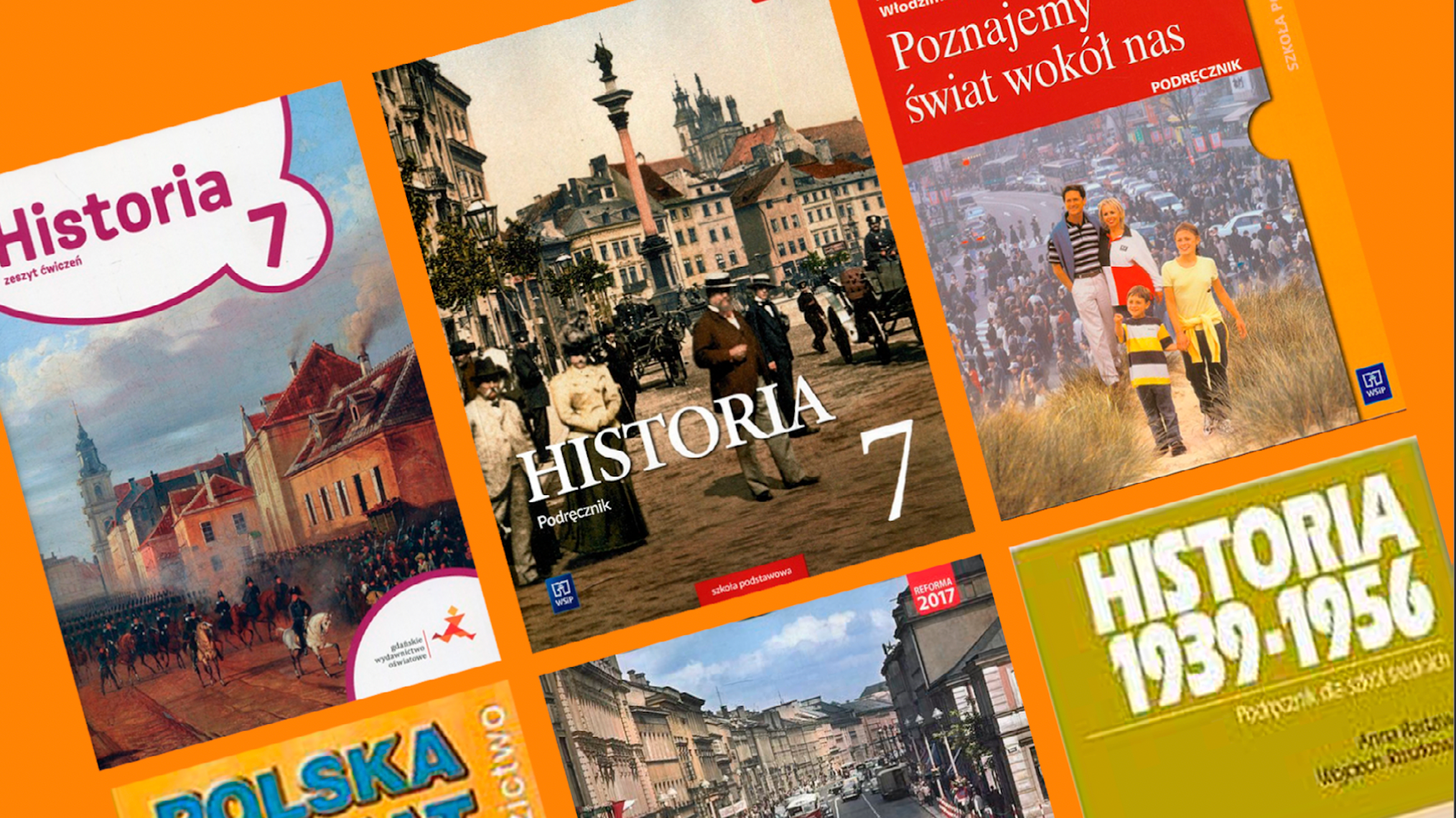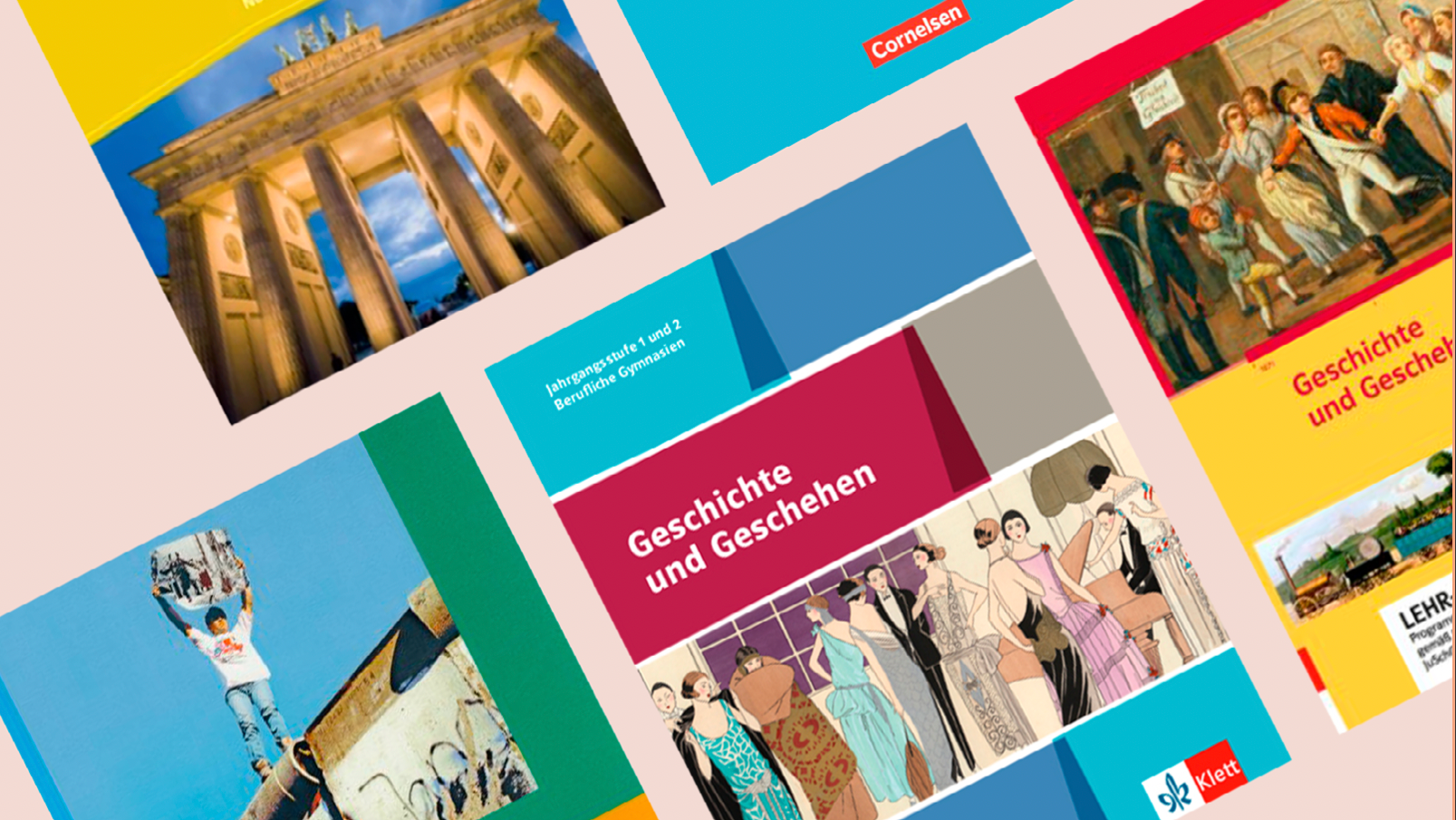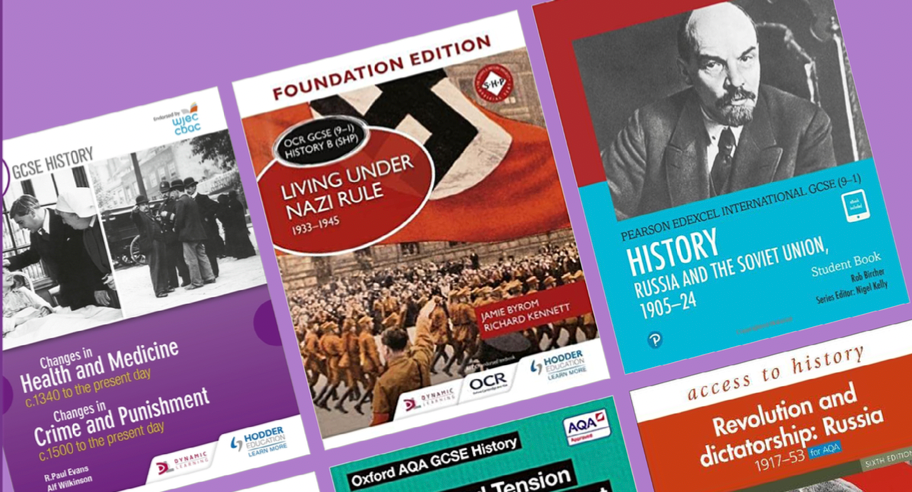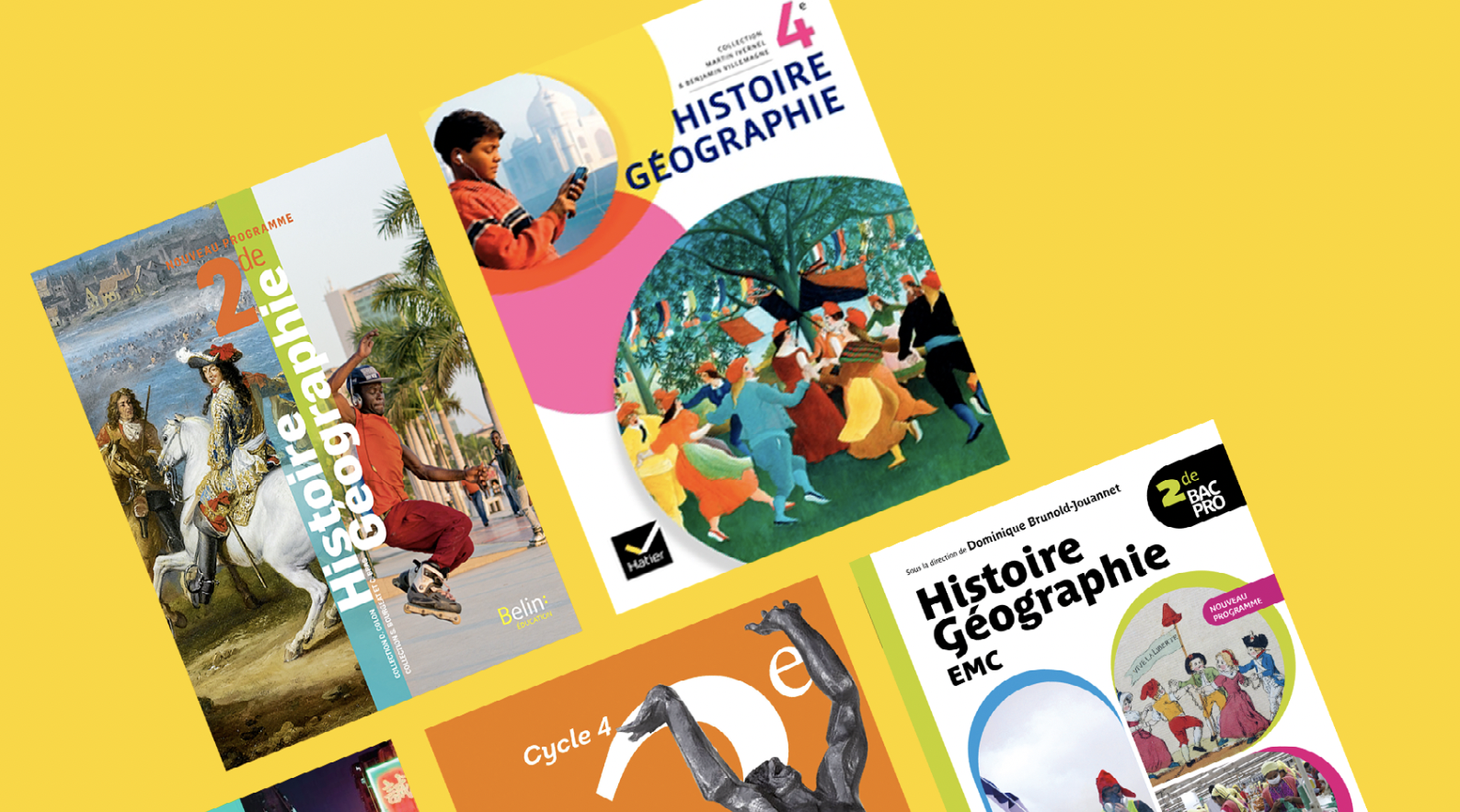The study
20-th century history of Ukraine in school textbooks in the UK
Dates
2021-2022
Author
Iryna Kostiuk
Series editor
Georgiy Kasianov
About the study
This research is part of the study of European school textbooks and manuals on the representation of key historical events related to Ukraine’s role in global processes, which was organised and commissioned by the Ukrainian Institute.
The author analysed British textbooks and manuals on history (or mixed historical disciplines), which are used in the UK educational programs.
The research reveals and analyses key narratives on the presentation of the 20th-century history of Ukraine and its interpretation in UK school textbooks.
Key points
In the analysed textbooks and manuals of the Great Britain, Ukraine-related topics are largely presented as a part of Russian or Soviet history. Ukraine’s lack of agency is visible even in very detailed stories about the Russian Revolution, Russian civil war, Stalin’s modernization, WWII, or the collapse of the Soviet Union, when administrative borders of Ukraine (even modern ones) are frequently not shown on maps in textbooks.
The almost complete absence of the 1917-1921 Ukrainian Revolution context and mentions of Ukraine’s role in the collapse of the USSR is notable. Ukraine is frequently referred to as a geographical rather than a historical entity. This approach may result in graduates of British secondary schools having a rather limited understanding of Ukrainian contexts, even those related to contemporary history.
Nonetheless, the limited coverage of the Ukrainian topics in British history textbooks is not unusual, and it reflects approaches to treating the Eastern European history of the 20th century in general. The Ukrainian topics are not “forgotten” or “absent” as such – studying history by British pupils is organised problematically and thematically rather than country-oriented.




